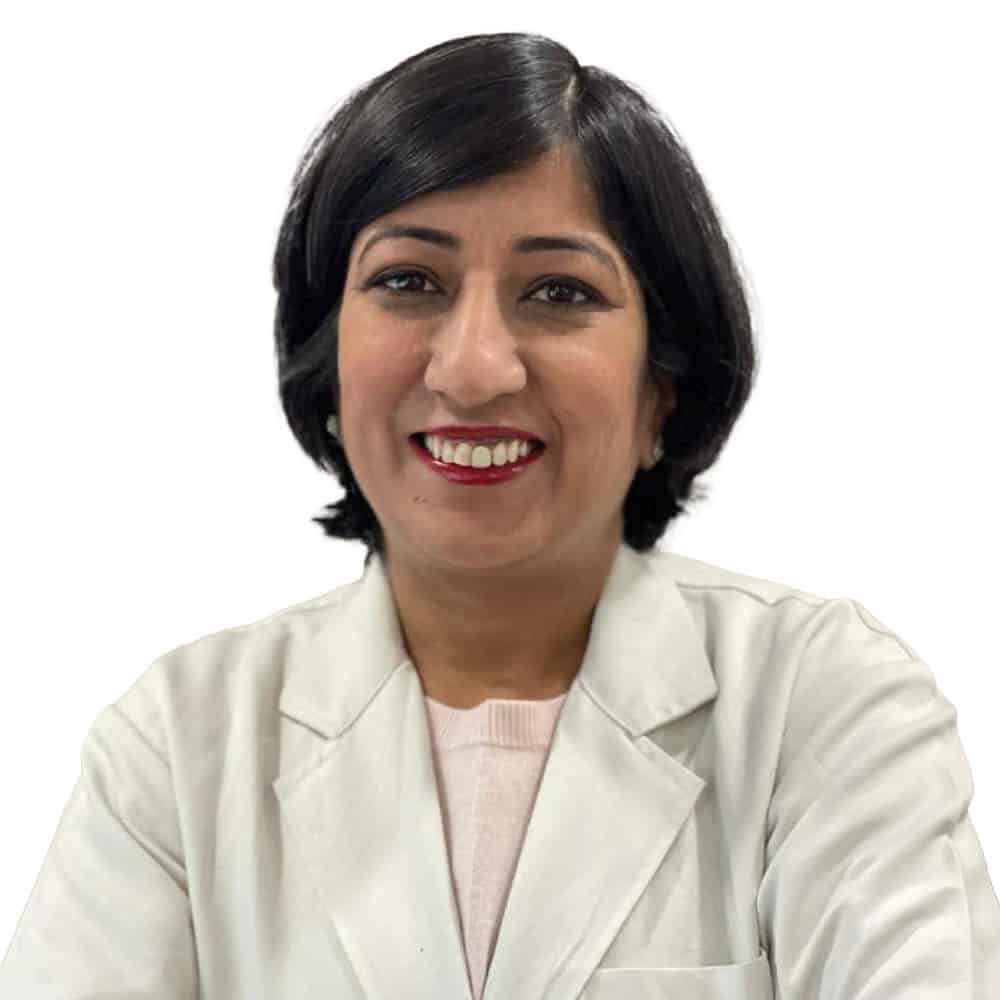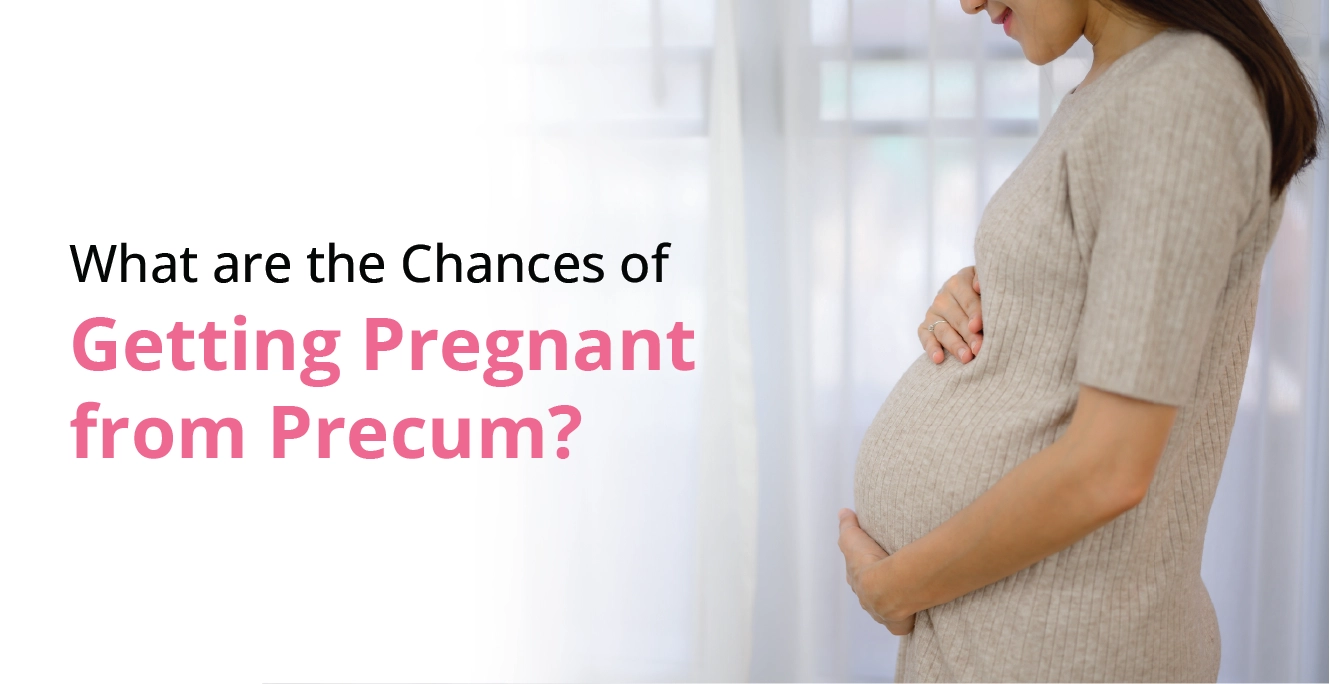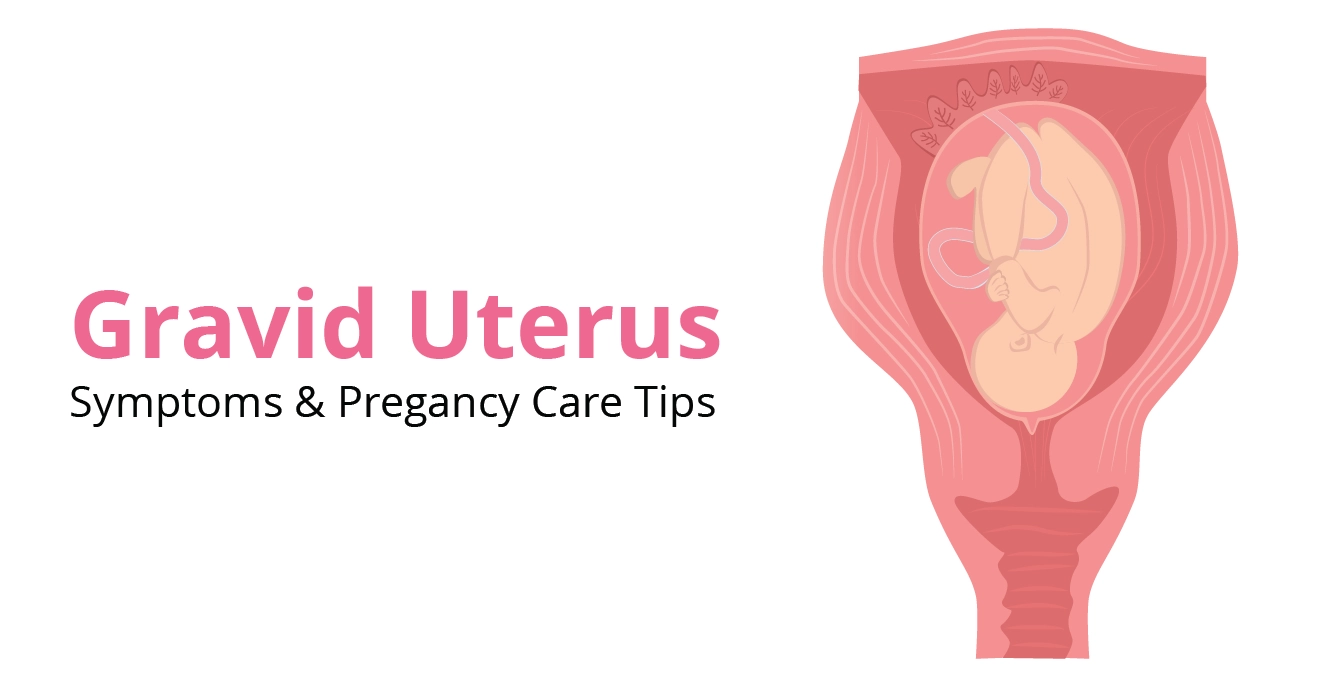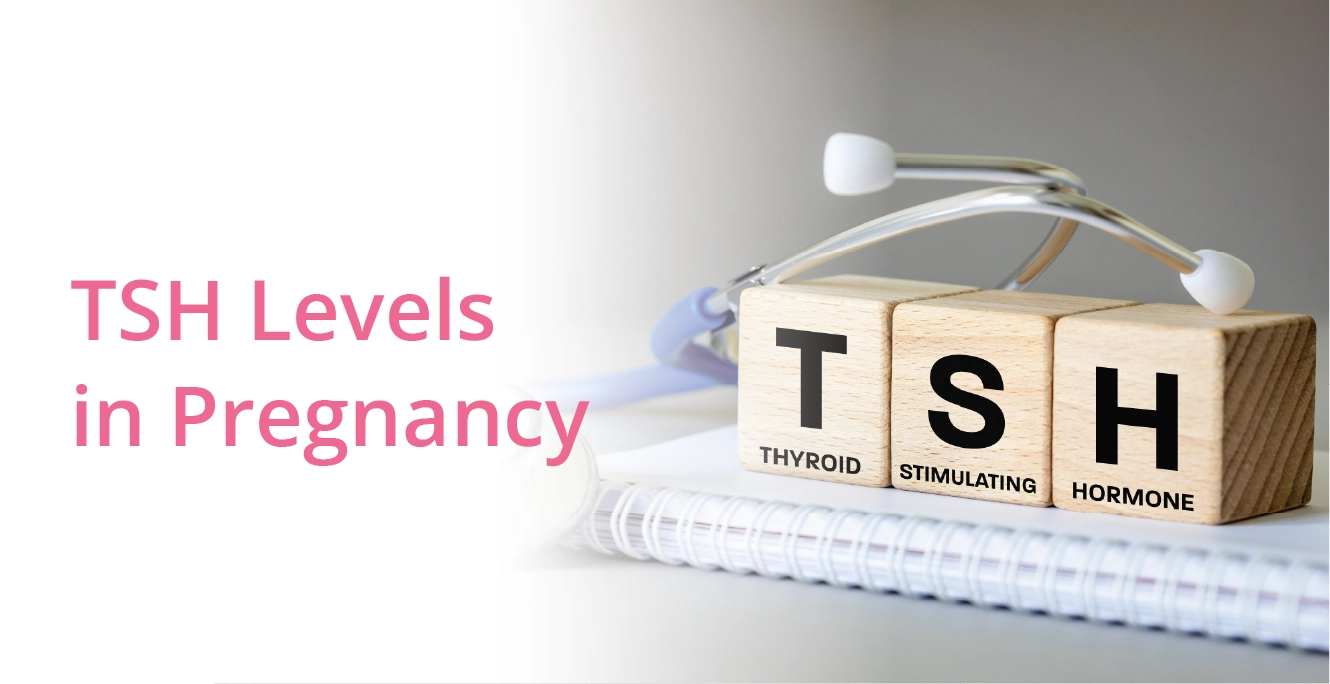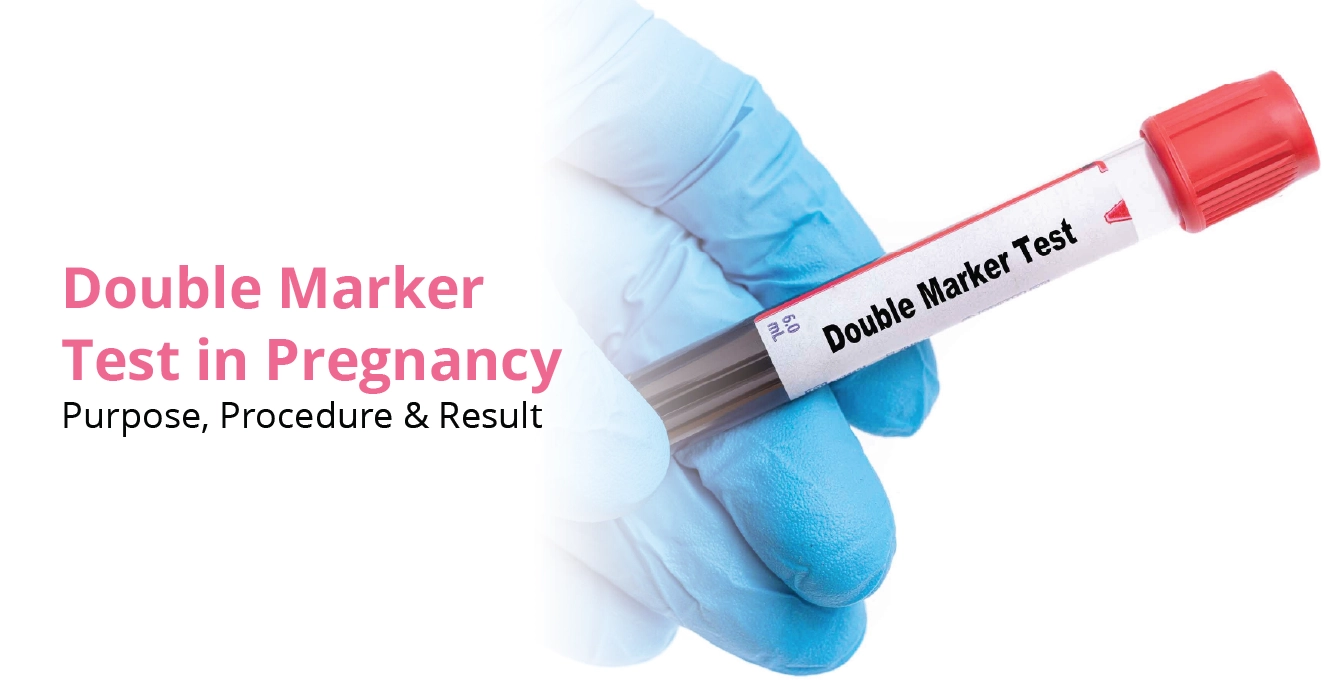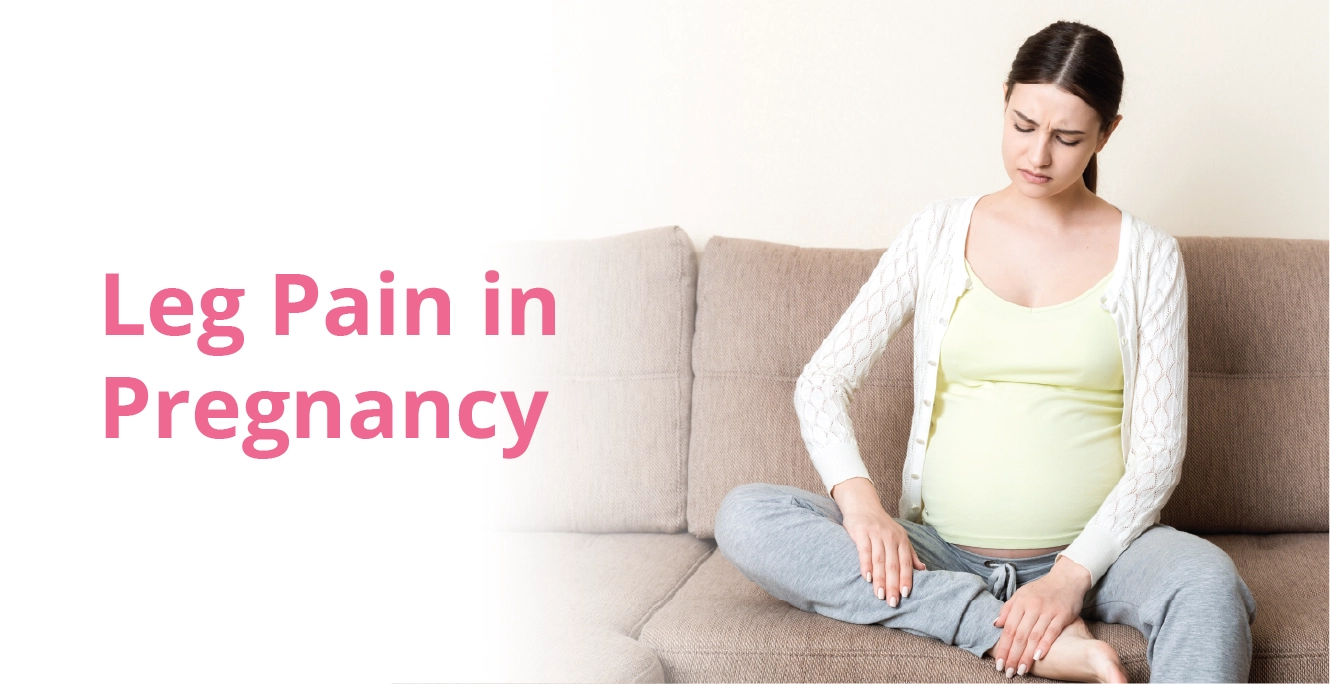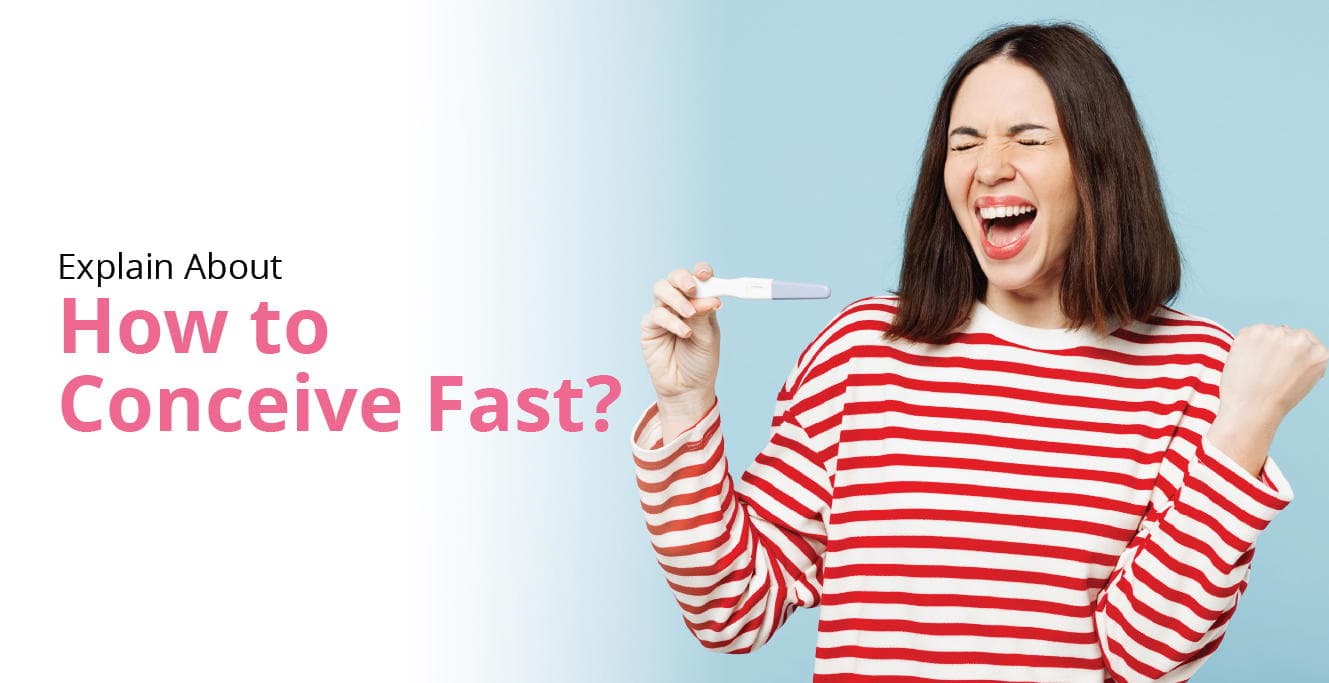
How to Conceive: All You need To Know

Table of Contents
- What is Conception?
- What is a Fertile Window? How Does It Matter
- How to Predict Ovulation?
- How to Track the Fertile Window?
- What Are the Signs of Ovulation?
- How Does Pregnancy Begin?
- What are the Factors that Affect Conception?
- How Long Does it Take for Pregnancy to Occur?
- How to Improve Fertility?
- How to Conceive With PCOS?
- How to Conceive If You Have a Blocked Fallopian Tube?
- How to Conceive If You Are Above 30?
- How to Conceive If There Are Sperm Related Issues?
- What to Do and What to Avoid When Trying to Conceive?
- When to See a Gynaecologist?
- Conclusion
- FAQs
Parenthood is a dream of millions of couples. While some couples can conceive a baby easily, it might be challenging for others. If you have been trying to conceive without success for more than a year, it is natural to feel concerned. However, there is no reason to worry as there are several measures available to support your chances of conceiving. Before we explore some of these, it is important to understand a few key terms, like conception, ovulation and the fertility window. So, let’s begin.
What is Conception?
Conception occurs when sperm from a fertile man travels through the vagina, enters a woman’s uterus, and fertilises an egg in the fallopian tube. The fertilised egg starts multiplying into many cells and travels through the fallopian tube to the uterus. The egg attaches itself to the uterus’s lining and continues to develop further.
This process is known as conception. Most conceptions happen 12–24 hours after ovulation, so if you are trying to conceive, it is important to track your ovulation.
What is a Fertile Window? How Does It Matter
The fertile window refers to the few days in a woman’s menstrual cycle when pregnancy is most likely to happen. This window usually includes the five days before ovulation and the day of ovulation itself.
Sperm can survive inside the female body for up to five days, but the egg lives for only about 12 to 24 hours after it is released. This means intercourse during the days leading up to ovulation gives sperm the best chance to meet the egg at the right time.
Understanding this window is important because trying on random days in the cycle may reduce the chances of fertilisation, even if both partners are healthy.
How to Predict Ovulation?
Ovulation is the phase in the menstrual cycle when an egg is released from the ovary. Each month, eggs grow inside small fluid-filled sacs called follicles. Around two weeks before your next menstrual period, one mature egg is released. This is known as ovulation.
If you have a regular 28-day cycle, ovulation usually happens around day 14. However, not every woman has the same cycle length. The timing of ovulation depends on how long your cycle is. For example, if you have a shorter cycle of 24 days, ovulation may occur around day 10. If you have a longer cycle of 32 days, ovulation may happen around day 18. Understanding when ovulation happens in your cycle is important because pregnancy can only occur around this time.
How to Track the Fertile Window?
You can track your fertile window in the following ways:
- Calendar or ovulation calculator: You can estimate your fertile days based on your cycle length and the start date of your last period. Maintaining a menstrual calendar or using an ovulation calculator can help.
- Track cervical mucus changes: A natural sign that ovulation is approaching is the vaginal discharge. During the fertile window, vaginal discharge becomes clear, stretchy, and slippery, similar to egg white.
- Basal body temperature: A slight rise in body temperature after ovulation confirms that ovulation has already occurred. Tracking this daily over months helps you understand your pattern.
- Ovulation kits: These urine tests detect the surge in luteinising hormone that occurs 24 to 36 hours before ovulation, helping you identify the best time to try for conception.
What Are the Signs of Ovulation?
The following are some common signs of ovulation:
- Change in cervical mucus: It becomes clear, slippery, and stretchy, resembling egg white.
- Light spotting: A small amount of spotting or bleeding may occur due to hormonal fluctuations.
- Higher levels of luteinizing hormone (LH): This can be detected with a home ovulation test kit which detects the surge in LH that occurs before ovulation.
- Increased libido: Many women experience a boost in sexual desire around ovulation.
- Abdominal discomfort: Some women experience a dull ache or twinge, typically on one side of the lower abdomen. Hormonal changes may also cause gas and bloating.
- Breast tenderness: This also happens due to hormonal changes that can cause breast sensitivity.
- Rise in basal body temperature: The body temperature rises a little after ovulation due to increased progesterone levels.
How Does Pregnancy Begin?
Pregnancy commences with the fertilisation of an egg by a sperm. The important stages are:
- Ovulation: The process by which an egg is released from the ovaries and makes its way into the fallopian tubes. This happens every month.
- Fertilisation: After intercourse, a sperm reaches the egg, usually in the fallopian tube to fertilise it. This kickstarts the pregnancy process.
- Implantation: The fertilised egg travels to the uterus and implants itself into the uterine lining. This triggers the release of Human Chorionic Gonadotropin (hCG), the hormone that supports the pregnancy and signals your body to begin nurturing the baby.
A pregnancy test is required to confirm pregnancy and this is recommended after your period is missed.
What are the Factors that Affect Conception?
A number of factors influence the chances of successful conception, including age, health, lifestyle choices, and the timing of intercourse. By understanding and addressing these key factors, you can optimise your chances of a successful pregnancy.
- Age: Fertility declines with age, especially after 35.
- Overall Health: Conditions like PCOS or thyroid issues can affect fertility.
- Lifestyle Habits: Smoking status, alcohol consumption, stress levels, and overall lifestyle habits can influence fertility.
- Timing of Intercourse: Proper frequency and timing of sex are crucial to increase the chances of conception. Having sex during the fertile window, i.e., ovulation, maximises the chances of pregnancy.
How Long Does it Take for Pregnancy to Occur?
Normally, couples who do regular, unprotected intercourse conceive within a year. However, the time to get pregnant can vary depending on numerous factors such as age, health, and lifestyle. Women with conditions such as irregular periods, PCOS, or other fertility-related issues and men with low sperm count may experience longer conception times.
Trying to conceive for more than a year? It is recommended to seek guidance from a fertility specialist to identify potential causes and treatment options.
How to Improve Fertility?
While several factors affect fertility in men and women, here are a few tips that can support fertility & overall reproductive health:
- Opt for Preconception Counselling: Before trying to conceive, scheduling a preconception counselling session is essential for a healthy pregnancy. During the session, your doctor will review your personal and family medical history, checking for chronic conditions or hereditary risks. This helps address any potential concerns and prepares you both physically and emotionally for pregnancy.
- Understand your Menstrual Cycle: Understanding your menstrual cycle and tracking your periods will help determine when you are most fertile. Figuring out when you are ovulating is important if you plan to conceive. You can also use ovulation kits to help you predict your ovulation time more accurately.
- Time Your Intercourse During Your Most Fertile Period: The best time to have sex to get pregnant is during your fertile window, which spans the days leading up to and including ovulation. Ovulation typically occurs around 14 days before the start of your next period. To increase your chances of pregnancy, aim to have sex every other day during this time. Since sperm can live for up to 3-5 days, having intercourse 2-3 days before and during ovulation can lead to conception.
- Have Intercourse During Fertile Window: Have intercourse regularly during the fertile window and on the day of ovulation. This helps ensure sperm are present when the egg is released, improving the chances of fertilisation.
- Maintain a Healthy Body Weight: A healthy weight is important for both male and female fertility because body fat affects hormonal balance. If a woman is overweight or underweight, it may disturb her ovulation pattern and menstrual regularity. This makes it harder to predict fertile days and reduces the chances of the egg being released regularly. In men, excess weight can affect testosterone levels and reduce sperm quality, count and movement.
- Consider the Impact of Your Age on Pregnancy: As you age, fertility naturally declines. Age-related changes in your ovaries can lead to a decline in the quality and quantity of your eggs. With increasing age, one also becomes more susceptible to health issues like endometriosis and uterine fibroids that can cause a loss of fertility. If possible, try to plan a baby when you are in your 20s or early 30s.
How to Conceive With PCOS?
Polycystic ovarian syndrome (PCOS affects ovulation because of hormonal imbalance. Many women with PCOS do not ovulate regularly every month, which makes it difficult to identify fertile days. The focus here is not only on timing but also on improving ovulation.
Since cycles are unpredictable in PCOS, ovulation predictor kits are more helpful than relying on calendar dates. If periods are very irregular or absent, seeking early medical support prevents unnecessary delays in trying to conceive.
Maintaining a healthy weight through diet and regular exercise helps balance hormones and improves the chances of natural ovulation. Doctors often prescribe medicines to regulate periods and stimulate ovulation when required. There are many fertility treatment options available to help you get pregnant if you are experiencing PCOS-related infertility. These treatments are very effective when monitored properly.
How to Conceive If You Have a Blocked Fallopian Tube?
Fallopian tubes are the place where the egg and sperm meet for fertilisation. If one tube is blocked and the other is open and functioning well, a natural pregnancy is still possible because ovulation can occur from either ovary.
If both tubes are blocked, the egg and sperm cannot meet naturally. In such cases, IVF is usually recommended because it bypasses the tubes completely. A test called HSG or laparoscopy helps confirm whether the tubes are blocked and guides the next step in treatment. Early diagnosis is important so that time is not lost trying naturally when medical support may be needed.
How to Conceive If You Are Above 30?
After the age of 30, egg quality and quantity gradually begin to decline. This does not mean pregnancy is not possible, but it means that timing and awareness become more important.
Tracking ovulation carefully and trying during the fertile window increases the chances of success. If pregnancy does not happen within 6 to 12 months of trying, it is advisable to consult a doctor for evaluation.
Maintaining a healthy lifestyle, managing stress, and eating nutritious food can support better egg health during this time.
How to Conceive If There Are Sperm Related Issues?
Sperm health plays an equal role in fertilisation. Low sperm count, poor movement, or abnormal shape can reduce the chances of pregnancy.
A semen analysis is the first step to understanding the exact issue. In many cases, lifestyle changes such as quitting smoking, reducing alcohol intake, improving diet, and regular exercise can improve sperm quality over time. Depending on the severity, doctors may suggest medicines, IUI, or IVF to improve the chances of fertilisation.
What to Do and What to Avoid When Trying to Conceive?
Lifestyle Tips For Women
| Do’s | Don’ts |
| Maintain a healthy weight with a balanced diet and moderate exercise | Do not smoke |
| Eat fruits, vegetables, whole grains, and protein-rich foods | Avoid alcohol while trying to conceive |
| Sleep well and manage stress levels | Do not consume more than two cups of coffee daily |
| Track ovulation and identify your fertile window | Avoid very strenuous workouts that disturb cycles |
| Check and correct vitamin D deficiency | Do not ignore irregular periods |
| Take folic acid as advised before pregnancy | Do not delay medical advice if conception is taking time |
Lifestyle Tips For Men
| Do’s | Don’ts |
| Eat foods rich in zinc, folate and antioxidants | Do not smoke |
| Exercise regularly to maintain a healthy weight | Avoid alcohol when planning a pregnancy |
| Sleep well and manage stress | Do not expose the groin area to excessive heat |
| Get a semen analysis done if trying for long time | Do not wear very tight undergarments for long hours |
| Follow a nutritious, balanced diet | Do not ignore signs of sperm related issues |
| Stay physically active with moderate workouts | Avoid late night lifestyle and a poor sleep routine |
Smoking and Pregnancy
Smoking has a direct negative impact on fertility. In women, it reduces egg quality and increases the risk of miscarriage. In men, it lowers sperm count and affects sperm movement. Quitting smoking improves the chances of conception and supports a healthier pregnancy for both partners.
Timing and Conceiving
Having intercourse every one to two days during the fertile window gives the best chance of pregnancy. Trying multiple times in a single day does not increase success. What matters most is consistency during the right days rather than frequency throughout the entire cycle.
When to See a Gynaecologist?
When trying to conceive, it’s crucial to consult a gynaecologist who can identify underlying issues affecting fertility and guide you through the entire process. Consider seeing one if:
- You are 35 or older and concerned about issues like female or male infertility.
- You have medical conditions like PCOS, endometriosis, fibroids, or thyroid issues, which can contribute to female infertility.
- You have been trying to get pregnant for a year or more without success.
They can provide expert advice, recommend tests, and offer solutions to help you on your journey to pregnancy.
Conclusion
Conceiving is not only about trying regularly. It is about understanding your body, identifying the right time, and supporting your health through simple lifestyle choices. If you have been trying to get pregnant for over a year without any success, you can consult a fertility specialist to guide you in your journey.
FAQs
What is the fastest way to get pregnant?
Have sex regularly around the time of your ovulation to get pregnant faster. Also, ensure that you take prenatal vitamins and are getting adequate sleep and exercise to optimise your fertility.
How do I know if I am ovulating?
You can track your periods or use a home ovulation kit to determine whether you are ovulating. If you have a regular 28-day cycle, then you’d probably ovulate on the 14th day.
What are the Signs of Good fertility?
Having a regular 28-day monthly cycle with a healthy flow is a big sign of good fertility. Being of vibrant health, having good energy, and balanced hormones are also indicators of good fertility.
How can I increase my chances of getting pregnant?
Having regular intercourse during ovulation increases your chances of getting pregnant. Ensure that you take good care of your physical and mental health and avoid smoking or drinking. Adopt a healthy diet and get adequate exercise.
Why is folic acid recommended?
Folic acid supports the healthy development of the baby’s brain and spinal cord in the early weeks of pregnancy. It is advised to start taking folic acid even before conception because these developments happen very early, often before you know that you are pregnant.
Can certain positions help in conceiving?
There is no scientific evidence that specific positions increase the chances of pregnancy. The key factor is timing intercourse during the fertile window. Remaining relaxed and comfortable is more important.
Our Fertility Specialists
Related Blogs
To know more
Birla Fertility & IVF aims at transforming the future of fertility globally, through outstanding clinical outcomes, research, innovation and compassionate care.
Had an IVF Failure?
Talk to our fertility experts

 Our Centers
Our Centers







